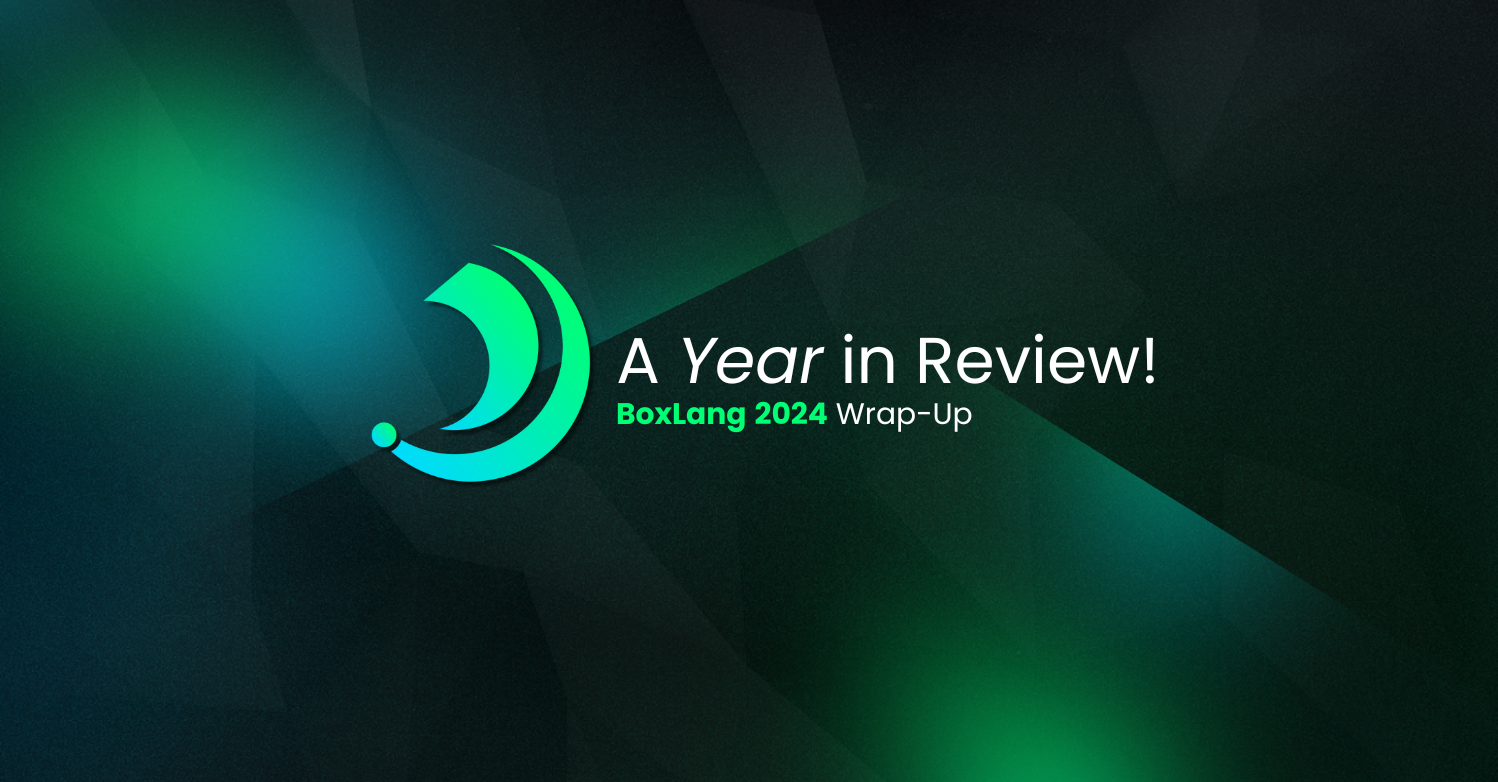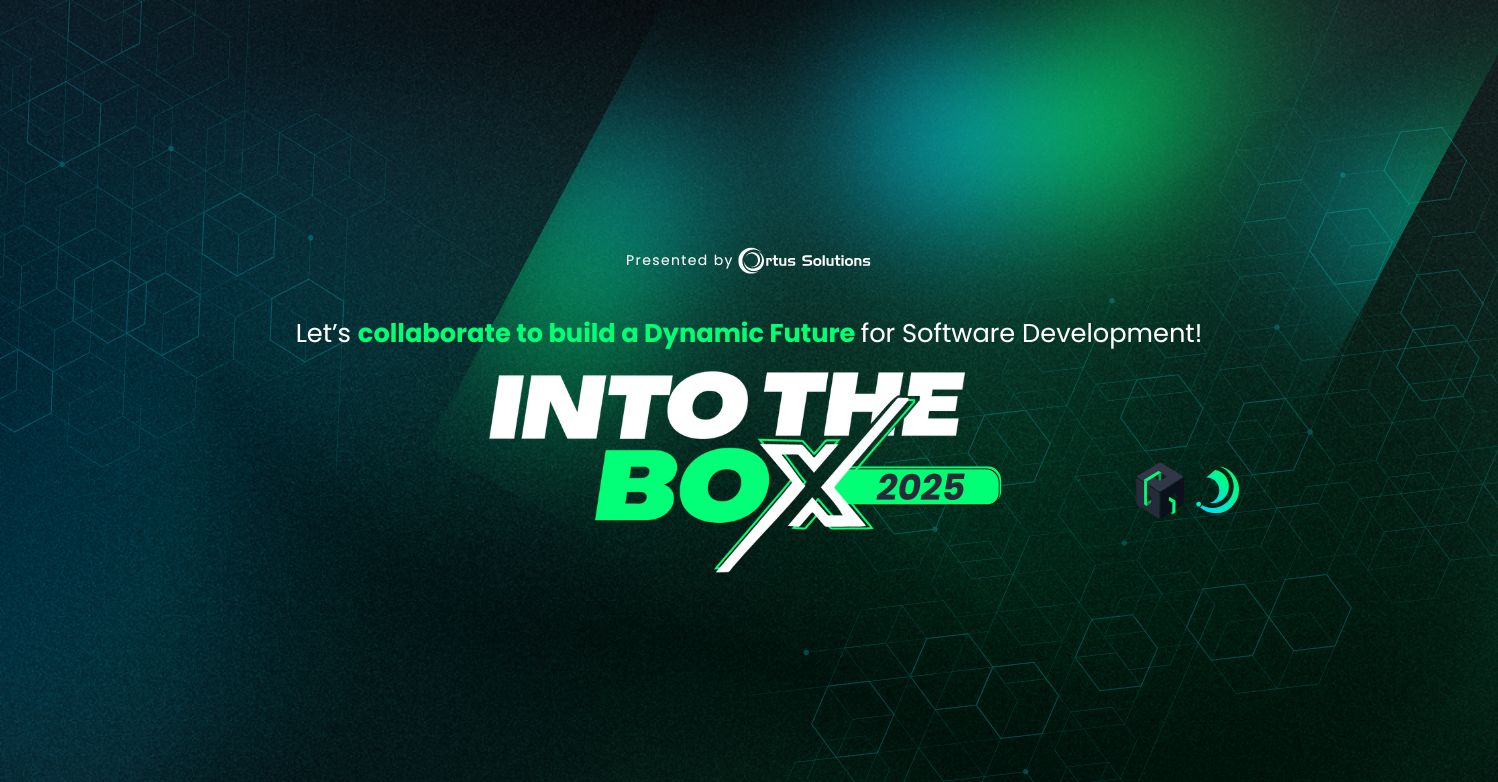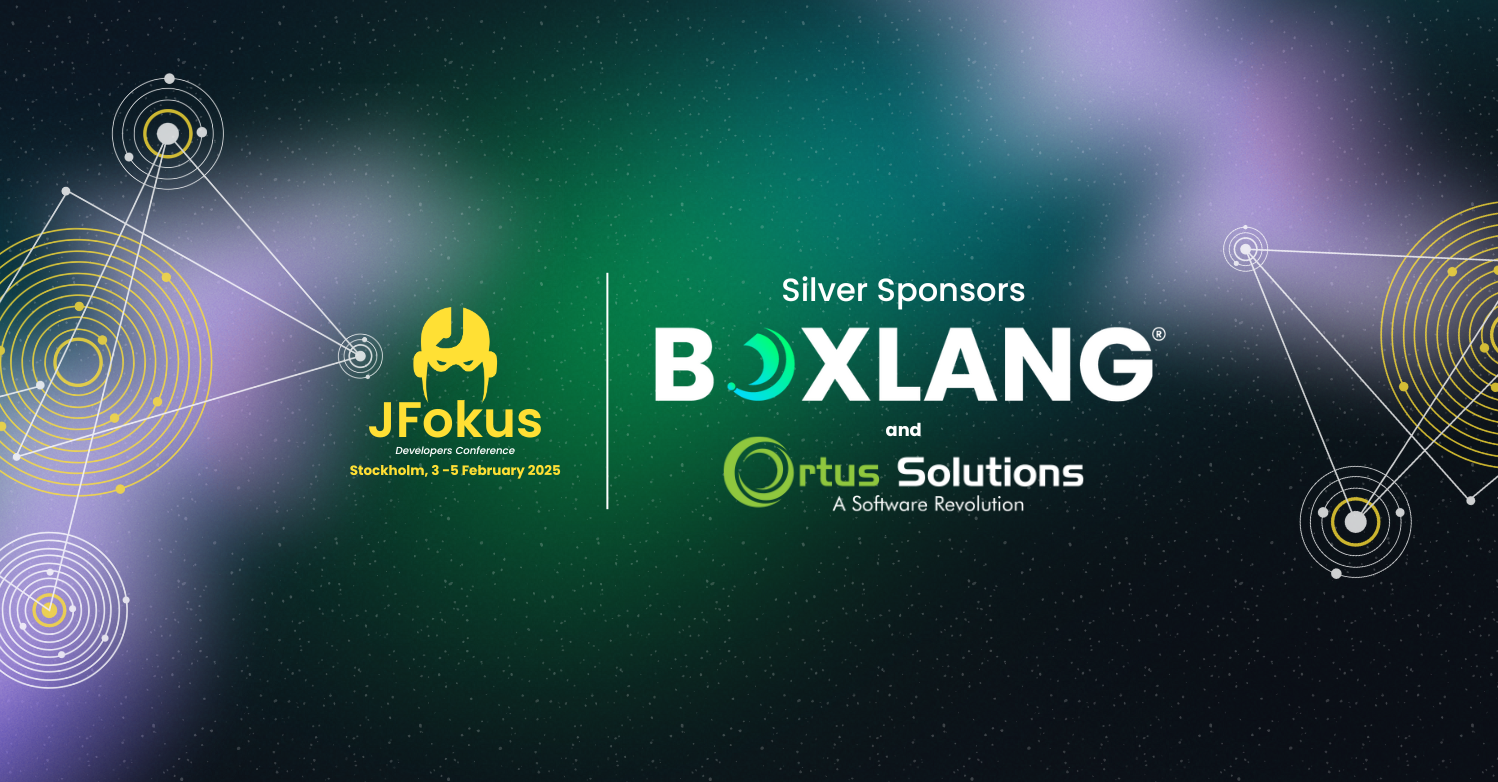Blog
Recent Entries

A Year in Review - BoxLang 2024 Recap!
BoxLang has come a long way since its beta release, and we're thrilled to share the incredible progress made so far. From its initial launch to the upcoming stable version, BoxLang has been evolving with new features, tools, and a growing ecosystem, all aimed at empowering modern developers.In this recap, we’ll highlight the milestones and advancements that have shaped BoxLang’s journey to this point. Let’s take a look at what we’ve achieved and what’s coming next!

Partner with BoxLang and Ortus at Into the Box 2025: Empowering the Future of Modern Software Development!
At Ortus Solutions, we’ve always been at the forefront of innovation in the ColdFusion ecosystem. From pioneering modern ColdFusion practices to developing cutting-edge tools and frameworks, we’ve been passionate to help and sup[port the community into shaping the future of web development.That’s why we decided to build BoxLang, our new JVM programming language that not only builds on the strengths of ColdFusion but takes modern software development to the next level.

Ortus Solutions & BoxLang at Jfokus 2025: Silver Sponsor and Innovator
We’re thrilled to announce that Ortus Solutions, through BoxLang, will be participating as a Silver Sponsor at the prestigious Jfokus 2025 conference! Taking place in Stockholm, Sweden, from February 3 to 5, Jfokus is one of the premier developer conferences in Europe, bringing together thousands of tech enthusiasts, thought leaders, and industry professionals.

Add Your Comment